Workers began to lay tracks on China's first direct high-speed railway link to Vietnam on Tuesday. A track-laying machine put down a 500-meter-long track, domestic media outlet CGTN reported.
The railway between Fangchenggang and Dongxing, in South China's Guangxi Zhuang Autonomous Region, spans a distance of 46.9 kilometers (km), and has a designed speed of 200 km per hour. Infrastructure is being built with conditions to upgrade the travel speed to 250 km per hour in the future.
The railway corridor will make travel between the Beibu Gulf economic zone and the Greater Bay Area and ASEAN markets easier and faster.
The Fangchenggang-Dongxing Railway is expected to see all tracks laid by the end of September and the railway could be put into operation by the end of December.
The railway will cut travel time between the two places from 60 minutes to 20 minutes and will link Dongxing, a border city, to the country's sprawling 42,000-km high-speed railway network.
The China-Laos Railway is currently China's main railway artery to ASEAN. In the first 20 months of operation, the railway has handled 19 million passengers and 23 million tons of cargo, according to China Railway.
From January 1 to August 3, the railway handled 2.5 million tons of cross-border cargo, boosting the flow of goods including tropical fruit, iron ore, cassava flour and rubber.
The success of the China-Laos Railway has inspired other regional countries. Calls have been rising in Vietnam to build a North-South express railway that connects its capital Hanoi and Ho Chi Minh City.
In November last year, China and Vietnam announced joint efforts to speed up the Lao Cai-Hanoi-Haiphong railway project, calling for the timely conclusion of the planning review of the Lao Cai-Hanoi-Haiphong standard-gauge railway, discussions on revision of the 1992 bilateral railway agreement and consensus on the connectivity plan.
The move is seen by Chinese experts as an end to Vietnam's decades-long hesitation over whether it would be preferable to connect with China by using a standard-gauge railway system, which is different from the country's meter-gauge railway.









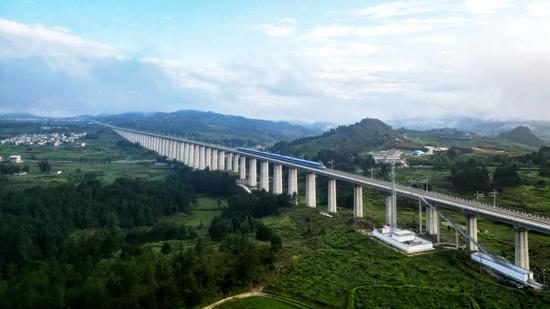











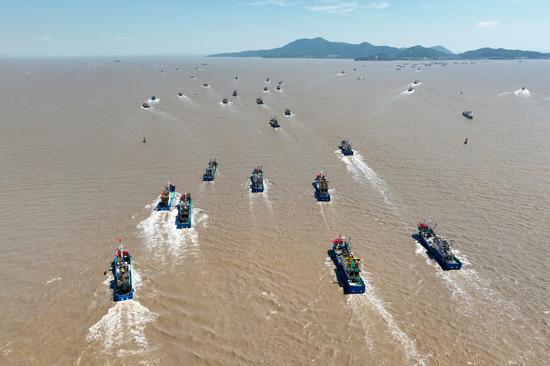







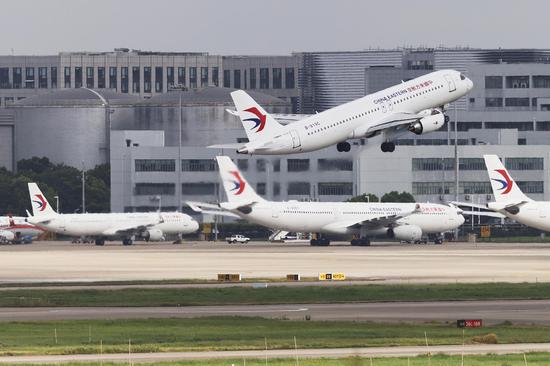
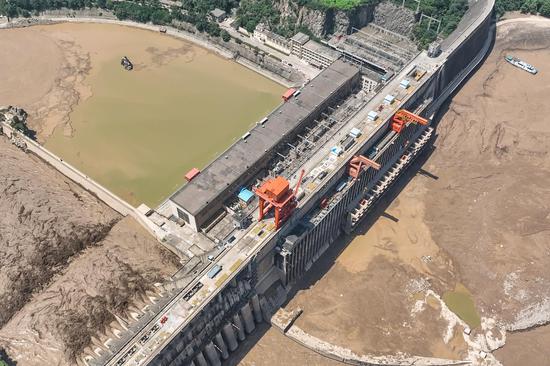

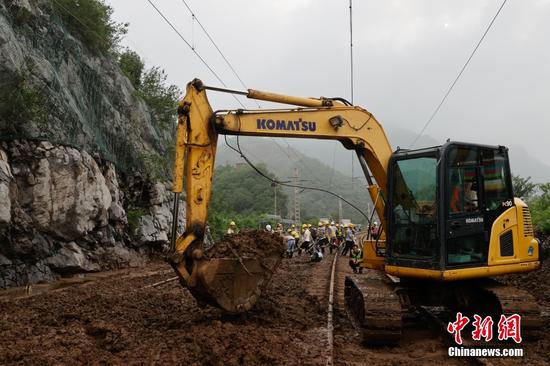





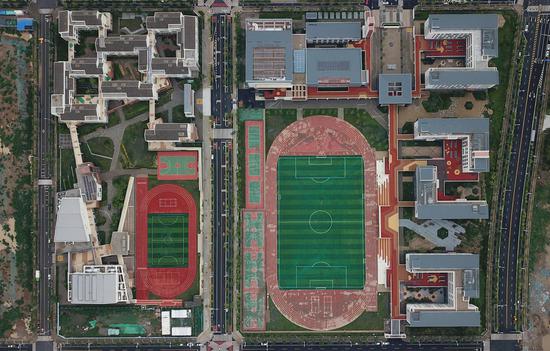











 京公网安备 11010202009201号
京公网安备 11010202009201号